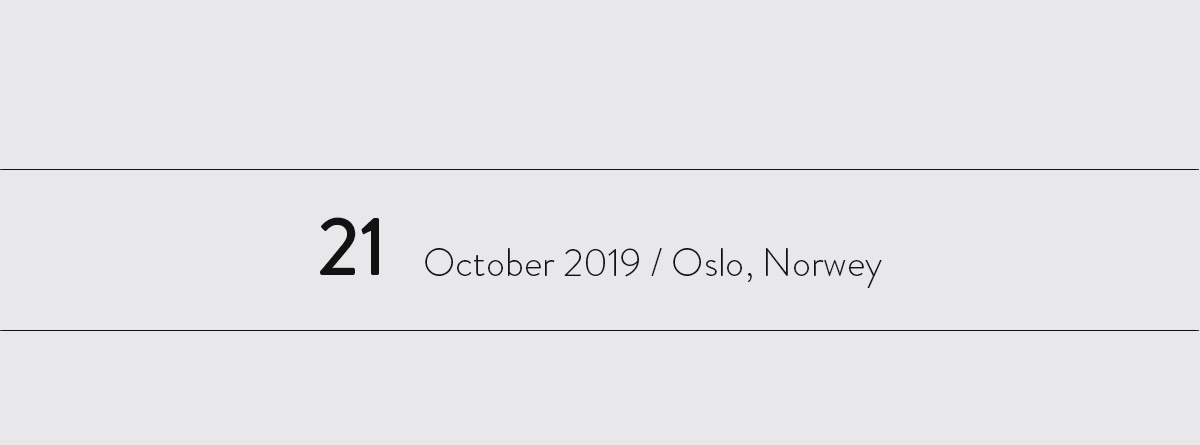Author: administrateur
04 Juin 21 October 2019 / Oslo, Norwey
ANNUAL CONFERENCE The Future of Work
04 Juin SAPEA Report
Evidence on microplastics does not yet point to widespread risk, say Europe’s top scientists
04 Juin ACATECH News
Acatech celebrates its 10th anniversary as a national academy and presents Horizons publication on blockchain technology
08 Mai Technology Outlook 2019
Posted at 15:03h
in - Classification of publications - All, - Classification of themes - All, - Member Academies - All, Academy’s advice and position paper, Research, Technologies, Innovation and Employment, Society and Technology, Swiss Academy of Engineering Sciences (SATW)
0 Comments
Swiss Academy of Engineering Sciences (SATW)
May 2019
Authors: Claudia Schärer et al.
Main themes: early identification, technology
Nature of publication: study
One of the SATW’s key missions is the early identification of new, possibly disruptive technologies that will become relevant for Switzerland’s economy and society in the next three to five years. Every two years, the SATW therefore publishes a public early identification report that presents these technologies and assesses their significance. The Technology Outlook’s third edition introduces several new features. The net was cast significantly wider and more precisely: the current report presents 37 technologies drawn from the fields most relevant to the Swiss economy. This list of technologies was compiled in close cooperation with the Swiss State Secretariat for Education, Research and Innovation (SERI) as well as more than 70 experts. The selection takes into account the technologies’ relevance for Switzerland and their technological maturity. Some technologies have therefore not found their way into the report, as they either do not fit the targeted time horizon of three to five years or are only of little relevance for the Swiss economy.
04 Jan FEAM News
FEAM Forum Annual Lecture on “Artificial Intelligence in healthcare: is Europe ready?” – Registration is now open
01 Jan Digitalisation for increased competitiveness
Posted at 15:44h
in - Classification of publications - All, - Classification of themes - All, - Member Academies - All, Academic report, by a Commission or a Working Group, Other, Royal Swedish Academy of Engineering (IVA), Society and Technology, Technologies and Development for Developing Countries
0 Comments
Royal Swedish Academy of Engineering (IVA) 2019Digitalisation as a phenomenon is creating a profound change in society both in Sweden and globally. IVA believes that a broad and insightful discussion is needed on the changes that digitalisation enables, as Sweden's future prosperity will depend on society's ability to take advantage of the power in development and renewal that digitalisation bring. IVA's project Digitalisation for increased competitiveness wants to contribute to such a discussion. The following areas are in focus: digital infrastructure, security, skills, privacy and the initiatives and forms of collaboration that are needed to strengthen the international competitiveness of Sweden as a nation as well as Swedish industry. IVA concludes, among other things, that privacy needs to be discussed in a more nuanced and structured way depending on who is using the personal data and for what, and that the responsibility for digital infrastructure today is following a layered model with complex interactions between different actors. In addition, IVA considers that the responsibility for digitalisation issues at central-political level needs to be reorganised. The establishment of a coordination office within the Government Office is proposed. The coordination office should have financial resources and a mandate to pursue governance and coordination issues. The report is available in Swedish.
01 Jan Sustainable new start for Sweden
Posted at 15:39h
in - Classification of publications - All, - Classification of themes - All, - Member Academies - All, Academic report, by a Commission or a Working Group, Covid-19, Energy and Climate Change, Environment, Other, Royal Swedish Academy of Engineering (IVA)
0 Comments
Royal Swedish Academy of Engineering (IVA) 2019The corona crisis has had a serious impact on Sweden. The pandemic has forced a shift in political and economic focus to support the most vulnerable. To deal with the immediate effects of the crisis, major public financial investments have therefore been made, both in Sweden and in the rest of Europe. At the same time, the need to transition to a competitive and climate-neutral society remain. The challenge is to maintain the long-term investments needed for Sweden and Europe to achieve the climate targets set, while at the same time making efforts to bring Sweden and Europe out of the pandemic. IVA's Sustainable New Start for Sweden project aims to point out important measures to get the Swedish economy moving again - without losing focus on long-term sustainability goals. Here, IVA's nine recommended actions are presented. The recommendations are based on analyses and suggestions from other IVA projects. Among other things, IVA calls for active cooperation within the EU, for the shortcomings in Sweden's electricity supply to be addressed, for the electrification of transport and industry to be accelerated and for public research investments to increase. The report is available in Swedish.
04 Déc Euro-CASE & CAE Forum on Evidence-based Scientific Policy Advice Held at AHUT
The Chinese Academy of Engineering (CAE) - Euro-CASE Forum on Evidence-based Scientific Policy Advice
08 Sep Information sharing practices in the field of cybersecurity
Posted at 15:01h
in - Classification of publications - All, - Classification of themes - All, - Member Academies - All, Academy’s advice and position paper, Research, Technologies, Innovation and Employment, Society and Technology, Swiss Academy of Engineering Sciences (SATW), Working group reports
0 Comments
Swiss Academy of Engineering Sciences (SATW)
September 2018
Authors: Solange Ghernaouti, Laura Crespo, Bastien Wanner
Main themes: cybersecurity
Nature of publication: report
The publication analyses information sharing practices in the field of cybersecurity. It summarises the context, needs and constraints of information sharing to ensure security, resilience, and the fight against cybercrime.







